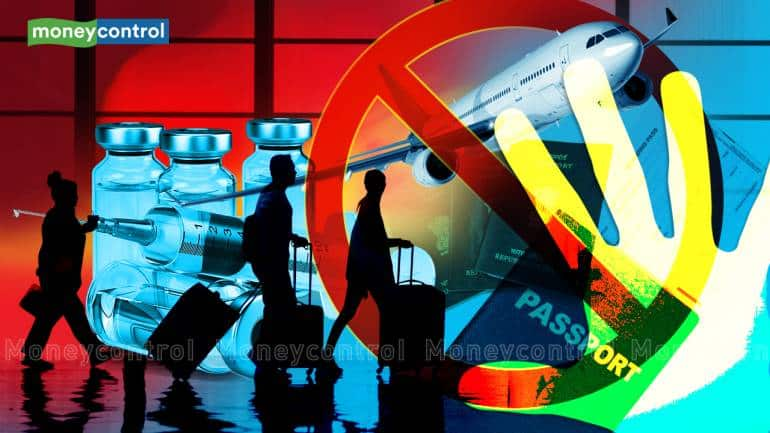
In-Depth | Travel plans of many still in limbo as some nations haven't accepted Covaxin despite WHO nod

In-Depth | Travel plans of many still in limbo as some nations haven't accepted Covaxin despite WHO nod
Though the World Health Organization (WHO) earlier this month approved Covaxin, the COVID-19 vaccine developed by Indian pharmaceutical company Bharat Biotech, for emergency use, hundreds of Indians who have travel plans to countries such as Italy, Japan, Saudi Arabia, and Denmark remain in a tight spot. Many of these people, who have opted for Covaxin since it is indigenously developed and had a shorter wait time between two doses, among other reasons, are now waiting for government intervention to obtain mutual recognition of vaccine certificates in more countries.
Hyderabad-based Bharat Biotech developed India’s first COVID-19 vaccine candidate – COVAXIN -- in collaboration with the Indian Council of Medical Research (ICMR)’s National Institute of Virology (NIV).
An inactivated vaccine developed and manufactured in Bharat Biotech’s BSL-3 (Bio-Safety Level 3) bio-containment facility, this was rolled out by the Government of India along with the Serum Institute of India (SII)-manufactured Covishield when the country began its mega vaccination drive on January 16, 2021.
The vaccine was given emergency use authorisation by India’s drugs regulator while its Phase-III efficacy data was still awaited. This sparked a controversy – Opposition parties raised questions about the efficacy and safety of Covaxin. However, Prime Minister Narendra Modi urged Indians to overcome their vaccine hesitancy and not pay heed to controversies surrounding the approval. He went on to get the Covaxin jab on March 1, to encourage more Indians to readily accept the indigenous vaccine. PM Modi said: “The DCGI (Drugs Controller General of India) gave approval after they were satisfied with the data of the two vaccines. So, stay away from rumours.”
Nearly 15 crore doses of Covaxin have been administered in India since then.
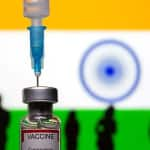
The DCGI on January 3 granted restricted emergency use authorisation for Covaxin vaccine against COVID-19 -- the disease caused by the novel coronavirus. While giving emergency use nod, DCGI VG Somani had noted that the clinical trials will continue.
The move had come a day after the COVID-19 Subject Expert Committee (SEC) of the Central Drugs Standard Control Organisation (CDSCO) had recommended grating emergency use authorisation for the vaccine developed by Bharat Biotech.
 Representative image (Source: ShutterStock)
Representative image (Source: ShutterStock)

The Hyderabad-based firm had submitted EOI (Expression of Interest) to the World Health Organization (WHO) on April 19 for its vaccine candidate and applied for emergency use listing in May 2021.
And then began the long-drawn back and forth between Bharat Biotech and the WHO over pending documents and insufficient data for EUL. Between August and October 2021, eight communications arrived from the WHO seeking additional information about Covaxin, including clinical and non-clinical information and manufacturing information.
In mid-October, Union Health Minister Mansukh Mandaviya met WHO Director-General Dr Adhanom Ghebreyesus Tedros and discussed the pending approval at length. Yet, Covaxin failed to get the WHO Technical Advisory Group (TAG) nod on October 26. The approval finally arrived on November 3 bringing much relief to the tens of thousands who were waiting on it to travel abroad.
“Covaxin was found to have 78 percent efficacy against COVID-19 of any severity, 14 or more days after the second dose, and is extremely suitable for low- and middle-income countries due to easy storage requirements,” the WHO said.
“The Technical Advisory Group, convened by the WHO and made up of regulatory experts from around the world, has determined that the Covaxin vaccine meets WHO standards for protection against COVID-19, that the benefit of the vaccine far outweighs risks, and the vaccine can be used,” it added.
The global health body’s approval will facilitate easier international travel for those who have taken the Covaxin jab, as they would not be required to undergo the stringent travel curbs imposed on unvaccinated passengers.
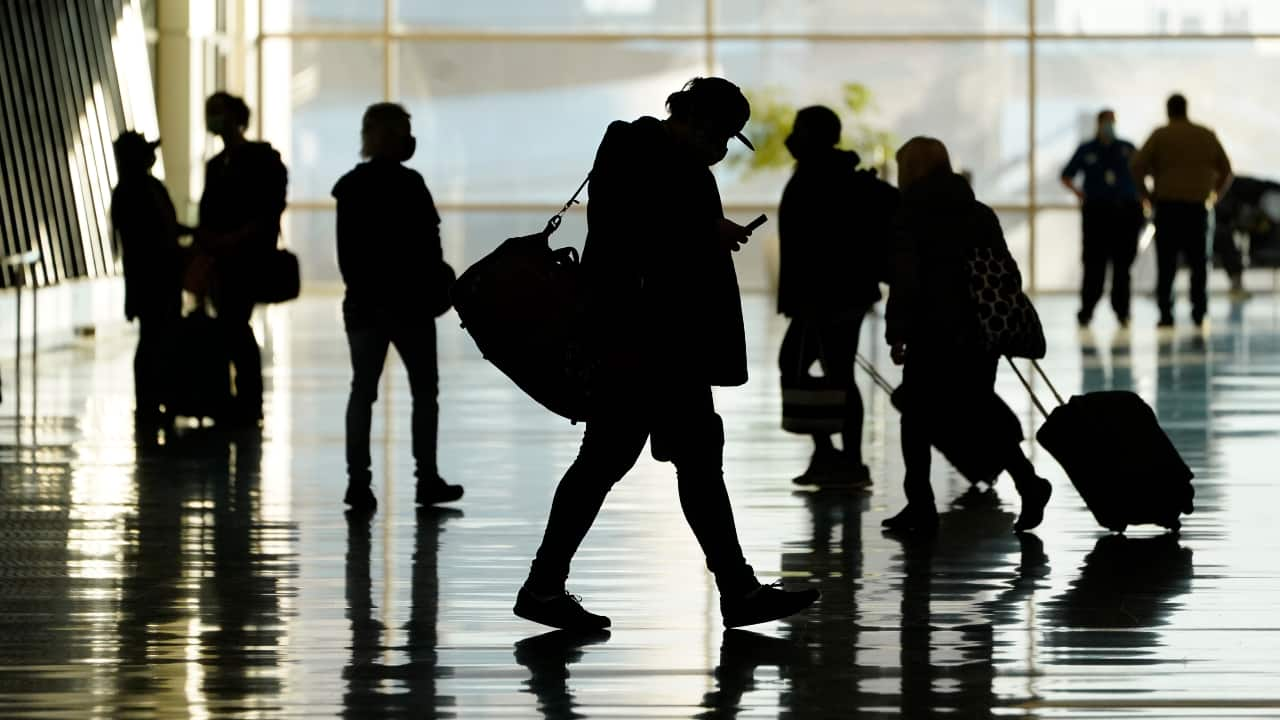 (AP Photo/Rick Bowmer, File)
(AP Photo/Rick Bowmer, File)

The answer is an unfortunate no. The career prospects of 32-year-old sales manager Soumyodeep Ghosh, who works in the steel segment for an Italian MNC, have been stuck in limbo for the past six months over the approval of Covaxin.
The rather tediously long wait for Covaxin approval has proved a hindrance to the personal growth (academic and professional) of many across India, who have not been able to travel to various foreign destinations over their respective vaccine-related restrictions and regulations.
For instance, Ghosh has been eagerly waiting for Italy to recognise Covaxin as proof of immunity for travel. If it does not come around in another month or so, he might lose a shot at his dream job.
Currently, Italy is only allowing foreigners who have been administered a jab that has been approved by the European Medical Agency (EMA), which doesn’t include Covaxin. On September 24, the European country accepted Covishield (the AstraZeneca jab manufactured by the Serum Institute of India) as valid proof of immunity for travel, but not Covaxin.
While the Indian government has been pressuring the European Union – a group of 27 nations – to relax travel restrictions under its Green Pass Scheme and allowing vaccinated Indians to those countries, the efforts are yet to bear fruit, as we can see.
According to a PTI report released in July 2021, India had conveyed to the EU member states that it will adopt a policy of reciprocity and exempt European nationals holding the 'Green Pass' from mandatory quarantine in the country provided its request to recognise Covishield and Covaxin vaccines is heeded to.
Ghosh, who has been constantly writing to the Health Ministry and Ministry of External Affairs to find ways to expedite Covaxin’s approval, said: “Although the WHO has approved Covaxin, it is not enough to enter countries such as Italy. I am not being able to apply for the Green Pass as the country doesn’t recognize Covaxin and does not rely on WHO data. My immigration procedure is currently in limbo as getting re-vaccinated with a European Medicines Agency (EMA)-approved jab is not an option either. While I can travel to Italy if need be, I will have to undergo COVID-19 tests every 48 hours, which is nearly impractical.”
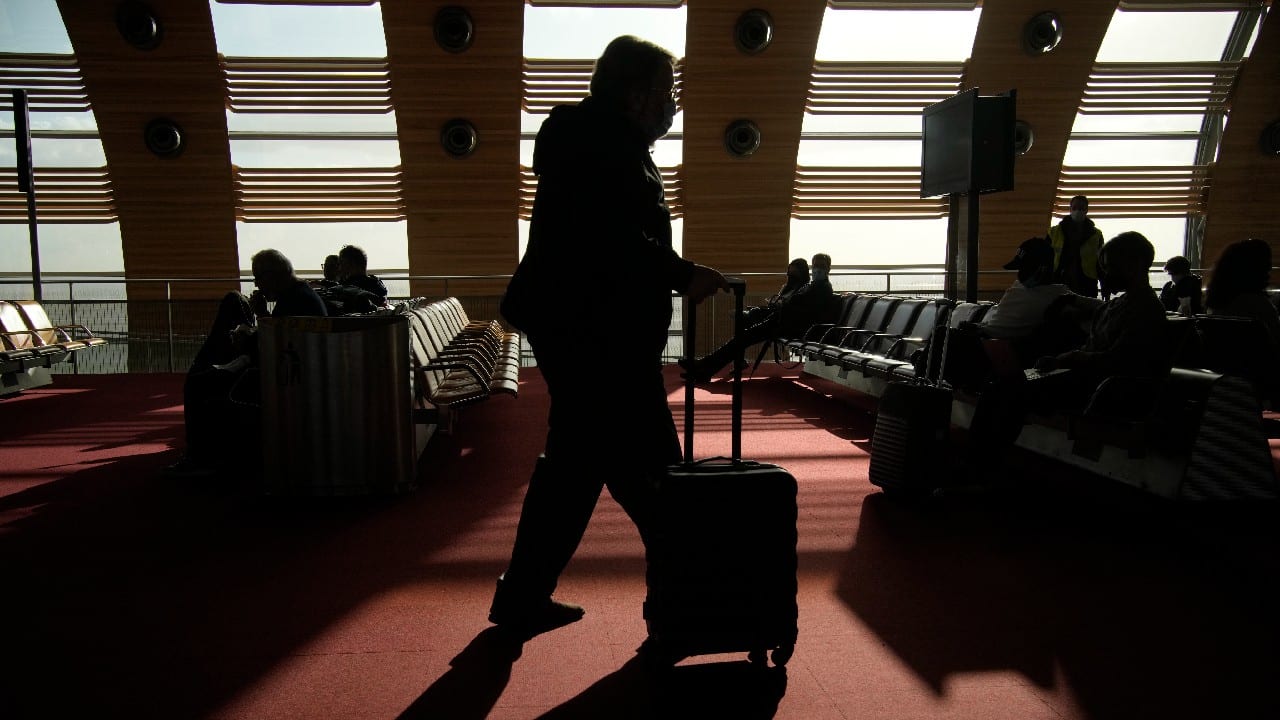 (Representative Image/AP)
(Representative Image/AP)He added: “This situation has hurt me financially and I would request the Government of India to keep building pressure for mutual recognition of vaccine certificates in more countries.”
Dealing with similar woes is 21-year-old student Priyanka Bale (name changed on request), who has been stuck in India and may have to give up on her plans to pursue higher studies in fashion designing at one of the top design schools in Milan.
What pains her the most is that she took Covaxin by choice and not out of compulsion. Bale said her decision to take the Covaxin jab was influenced by several factors including the technology used to develop the vaccine – promising better efficacy in fighting various strains of SARS-CoV-2, to encourage the made in India push, and the lesser gap between two doses of the vaccine, as compared to Covishield. Notably, Sputnik was not available in India when she had got her first dose.
So far, 12 European Union nations have allowed persons vaccinated with Covaxin to enter their borders, including Sweden, Greece, Austria, Switzerland, and The Netherlands.
When questioned about the way forward vis-à-vis Covaxin approval, the European Medical Agency (EMA) said in a written response: “To date, the EMA has not received an application for review for Covaxin, nor has EMA been approached by the company for scientific advice on this vaccine.”
It added: “Each WHO Member State (including EU countries) may choose to allow the emergency use of a product under a EUL within their country, following their own legislation.”
The EMA further said: “The EMA is not responsible for any decision regarding national, EU, or international travelling conditions associated with COVID-19 vaccination. National quarantine rules, entry requirements and border control are matters within the remit of the appropriate national border control and immigration agencies.”
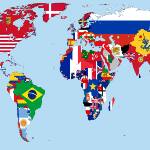
Although there are still hundreds who like Ghosh, have had to put their dreams and plans on hold due to the pending approval of Bharat Biotech’s COVID-19 vaccine candidate, the WHO approval has definitely opened up avenues for many.
Covaxin has so far been recognised in the United States of America, Canada, Bangladesh, Mali, Ghana, Sierra Leone, Angola, Nigeria, Benin, Chad, Hungary, Serbia, Poland, the Slovak Republic, Slovenia, Croatia, Bulgaria, Turkey, Greece, Finland, Estonia, Romania, Moldova, Albania, Czech Republic, Switzerland, Liechtenstein, Sweden, Austria, Montenegro, Iceland, Eswatini, Rwanda, Zimbabwe, Uganda, Malawi, Botswana, Namibia, Kyrgyz Republic, Belarus, Armenia, Ukraine, Azerbaijan, Kazakhstan, Russia, Georgia, The United Kingdom, France, Germany, Belgium, Ireland, Netherlands, Spain, Andorra, Kuwait, Oman, the UAE, Bahrain, Qatar, Maldives, Comoros, Sri Lanka, Mauritius, Peru, Jamaica, The Bahamas, Brazil, Guyana, Antigua & Barbuda, Mexico, Panama, Costa Rica, Nicaragua, Argentina, Uruguay, Paraguay, Columbia, Trinidad & Tobago, Iran, Commonwealth of Dominica, Guatemala, El Salvador, Honduras, Dominican Republic, Haiti, Nepal, Lebanon, State of Palestine, Syria, South Sudan, Tunisia, Sudan, Egypt, Australia, Mongolia, and the Philippines. Hong Kong and Vietnam were the latest to allow Indian nationals vaccinated with Covaxin into their country.
With the EUL status accorded by the WHO, more countries are expected to add Covaxin to the list of vaccines recognised under their jurisdictions.
The EUL status “allows countries to expedite their own regulatory approval to import and administer COVID-19 vaccines”, the WHO said in the statement which announced its emergency use approval for Covaxin.
The UK government was among countries that added Bharat Biotech’s coronavirus vaccine to its list of approved COVID-19 vaccines for international travellers from November 22 after the WHO EUL. This means, Indians fully vaccinated with Covaxin jab will not have to self-isolate after arrival in England, or be required to take the pre-departure coronavirus test, day-eight test or self-isolate upon arrival.
As of November 10, a total of 96 nations agreed to mutually recognise India’s COVID-19 vaccine certificate.
The Union Health Ministry said in a statement: “At present, 96 countries have agreed to mutual recognition of vaccination certificates and also those who recognise Indian vaccination certificates of travellers fully vaccinated with COVISHIELD/WHO approved/nationally approved vaccines. Consecutively, persons travelling from these countries are provided certain relaxations as enunciated in Union Health Ministry’s Guidelines on International Arrivals…”
It added: “The Ministry of Health and Family Welfare along with the Ministry of External Affairs is in continuous communication with all countries for mutual recognition of vaccine certificate to facilitate hassle-free international travel across countries.”
 (Image: AP)The cover image was created by Suneesh Kalarickal.
(Image: AP)The cover image was created by Suneesh Kalarickal.Read more weekly in-depth articles from Moneycontrol here